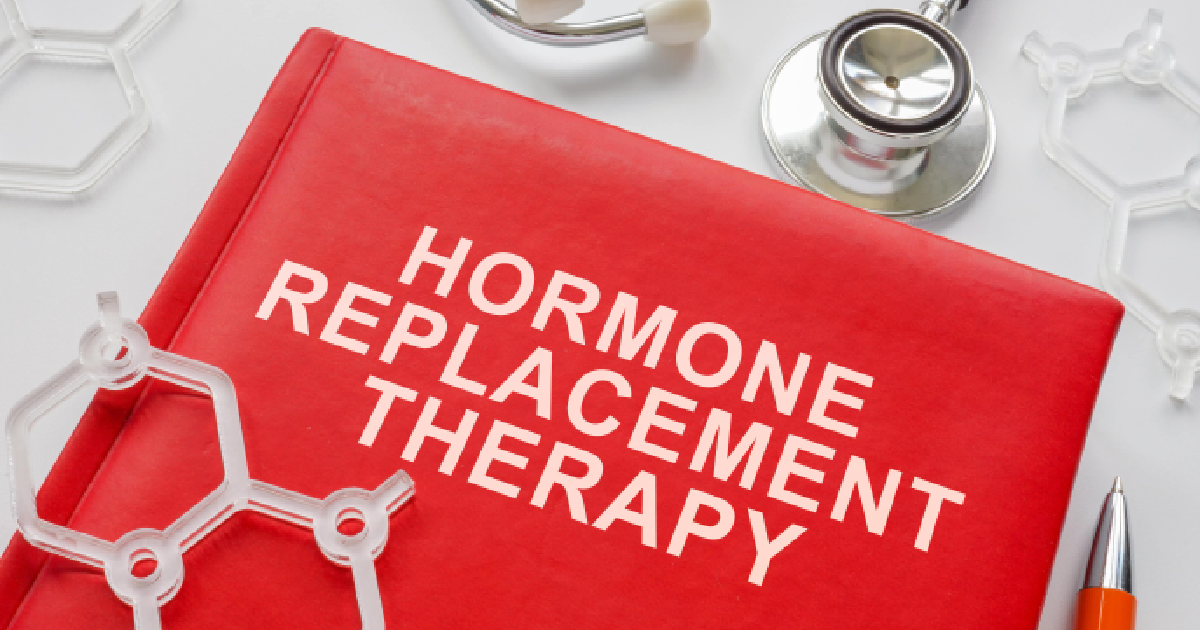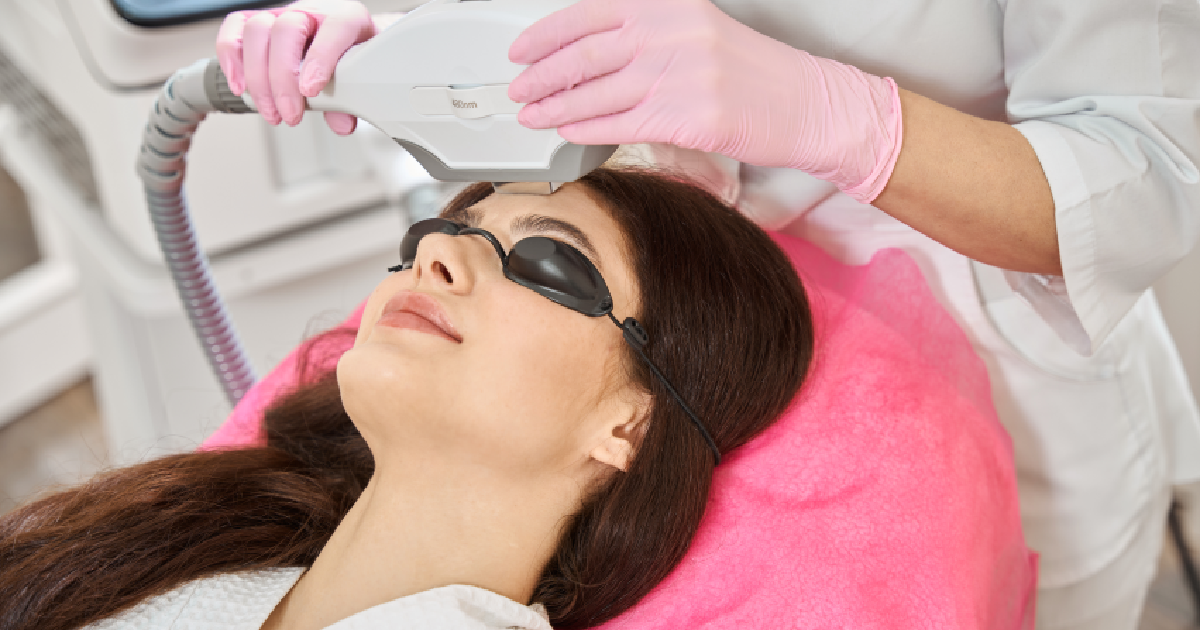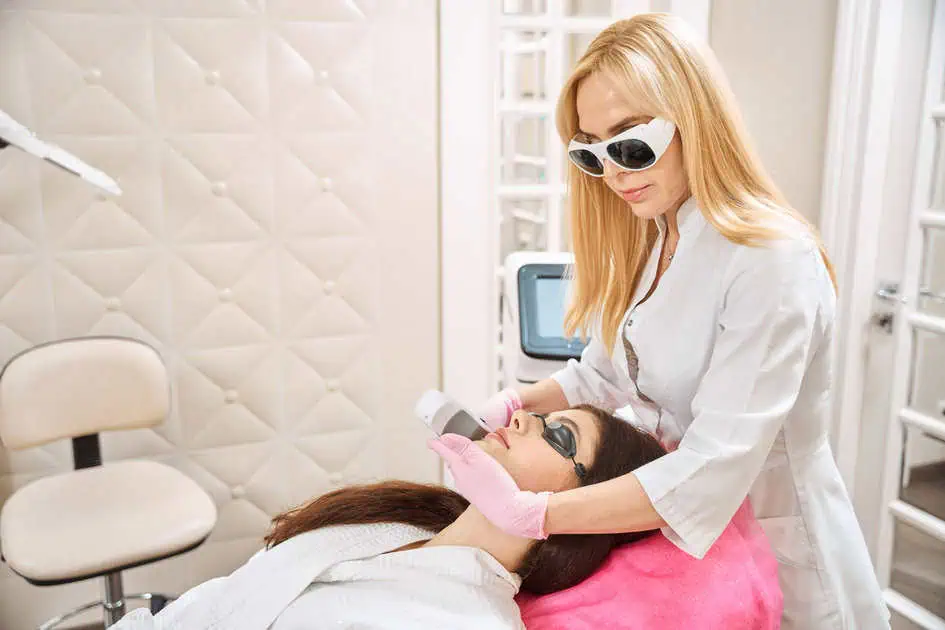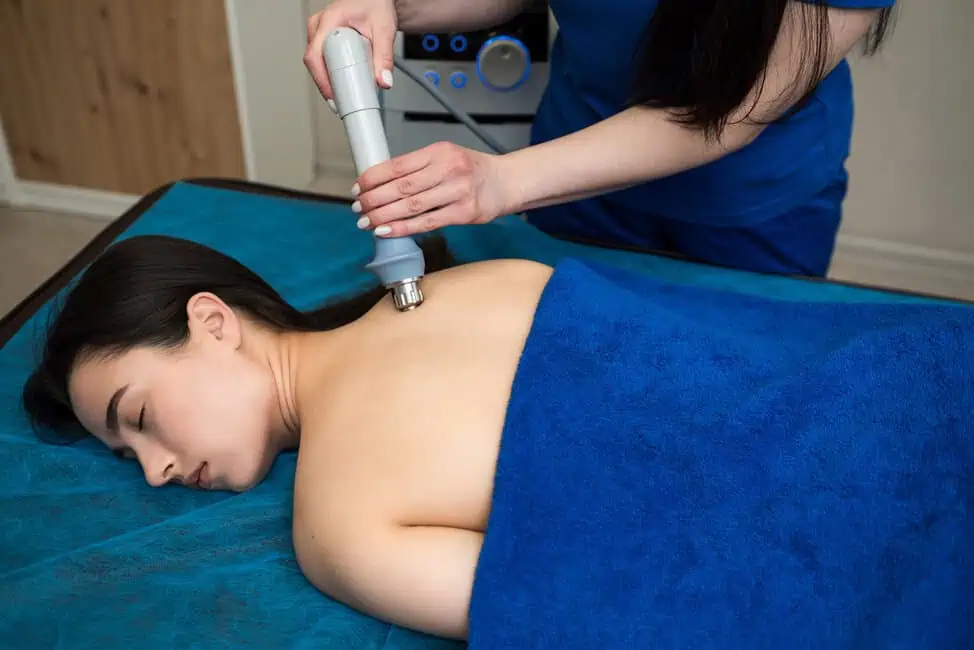Table of Contents
Hormones are the body’s chemical messengers, playing a central role in nearly every biological process. From regulating metabolism, mood, and sexual function to supporting cognitive health and maintaining energy levels, hormones help keep our systems running smoothly.
But as we age, hormone levels naturally decline. For many, this leads to uncomfortable symptoms that affect physical, emotional, and mental well-being. Hormone replacement therapy (HRT) is a medical approach that can restore balance and improve quality of life.
In this in-depth guide, we at Source of Health help you explore what hormone replacement therapy is, how it works, the types available, who it’s for, and what to expect from treatment.
Understanding Hormone Replacement Therapy (HRT)
Hormone replacement therapy (simply HRT) involves supplementing the body with certain hormones. These are typically no longer being produced in adequate amounts. An HRT is most commonly used to address the symptoms of menopause in women and low testosterone in men. However, it can also support patients experiencing thyroid dysfunction or hormonal issues. These may be due to chronic stress, lifestyle factors, or surgery.
By replenishing hormones such as estrogen, progesterone, and testosterone, HRT alleviates a wide range of symptoms. We listed some of them below:
- Fatigue
- Mood swings
- Hot flashes and night sweats
- Depression and anxiety
- Loss of libido
- Brain fog
- Sleep disturbances
- Weight gain and muscle loss
Types of Hormone Replacement Therapy
There are several different types of hormone replacement therapy. Each can be tailored to a patient’s varying needs.
1. Estrogen and Progesterone Therapy
This HRT is primarily prescribed for women going through perimenopause or menopause. It effectively helps alleviate symptoms like hot flashes, night sweats, vaginal dryness, and bone density loss. If the women patients still have their uterus, progesterone is often combined with estrogen to reduce the risk of endometrial cancer.
2. Testosterone Therapy
Used primarily for men with low testosterone (a condition known as andropause), HRT for men helps improve muscle mass, strength, mood, libido, and energy. Some women may also receive testosterone therapy. However, it is administered in small, controlled doses to help with libido and mood regulation.
3. Thyroid Hormone Therapy
This type of HRT involves replacing underactive thyroid hormones. These are believed to affect metabolism, energy, and temperature regulation. Though not always categorized under HRT, thyroid hormone therapy shares the same principles of restoring hormone balance.
4. Bioidentical Hormone Therapy
Derived from plant sources, bioidentical hormones are chemically identical to those the body naturally produces. This form of HRT is popular among patients looking for a more natural alternative. It is also available in creams, gels, pellets, or capsules. Moreover, bioidentical hormone therapy is often customized by a compounding pharmacy based on individual hormone levels.
5. Growth Hormone Secretagogues
These compounds stimulate the pituitary gland to produce more growth hormone naturally. They are typically used as a non-synthetic option for increasing energy, improving sleep, and supporting muscle mass and fat metabolism. Growth hormone secretagogues are gaining attention as part of integrative hormone replacement therapy protocols.
6. DHEA (Dehydroepiandrosterone)
DHEA is a hormone naturally produced by the adrenal glands. It serves as a precursor to both estrogen and testosterone. Supplementation can enhance mood, libido, energy, and immune function. This is especially applicable for HRT patients with adrenal fatigue or age-related decline in DHEA levels.
How Hormone Replacement Therapy Works
The primary goal of hormone replacement therapy is to restore optimal hormone levels. This will then reduce or eliminate related disruptive symptoms. HRT begins with a detailed health evaluation and lab testing. The latter is helpful in measuring a patient’s current hormone levels.
Once a hormonal imbalance is identified, your provider will prescribe a personalized treatment plan. The latter still depends on the outcome of the evaluation and may include various HRT options such as:
- Daily pills or tablets
- Topical creams and gels
- Transdermal patches
- Hormone pellets implanted under the skin
- Injections administered weekly or bi-weekly
The choice of delivery method still depends on the patient’s lifestyle, health goals, and medical history. Most HRT patients may start noticing improvements in their energy, mood, and sleep within a few weeks. However, HRT’s full benefits may manifest in the coming months.
HRT for Menopause Relief
As we all know, menopause is a significant life transition that comes with a host of symptoms. Some of these can severely impact quality of life.
During this stage, estrogen levels drop significantly, leading to physical and emotional changes. HRT for menopause relief is widely regarded as one of the most effective treatments for managing these symptoms.
Fewer Hot Flashes and Night Sweats
Hormone therapy helps stabilize body temperature regulation. By doing so, it leads to a noticeable decrease in the intensity and frequency of hot flashes and night sweats.
Improved Sleep
By regulating hormone levels, HRT can promote deeper, more restful sleep. In several patients, the therapy may also reduce insomnia that often accompanies menopause.
Enhanced Mood and Mental Clarity
Restoring estrogen levels can help stabilize mood, reduce anxiety, and depression. Plus, HRT can improve cognitive performance and mental focus.
Better Vaginal Health and Sexual Function
Estrogen therapy can improve vaginal lubrication and elasticity, reducing discomfort during intimacy and enhancing overall sexual satisfaction.
Increased Bone Density and Joint Comfort
HRT helps slow the loss of bone density that occurs after menopause, supporting skeletal strength and reducing joint aches and pains.
HRT for Men: Reversing Andropause
Just like women experience menopause, men can undergo a similar process known as andropause. This status is characterized by a gradual decline in testosterone. The hormonal shift can lead to fatigue, irritability, weight gain, erectile dysfunction, and reduced muscle mass.
HRT for Men aims to boost testosterone levels safely and effectively, providing benefits such as:
Improved Strength and Stamina
Testosterone therapy enhances muscle development, physical endurance, and overall strength. These effects help men feel more energetic and capable.
Better Mood and Reduced Anxiety
Balanced hormone levels contribute to emotional stability. As a result, HRT becomes effective in reducing feelings of irritability, anxiety, and mood swings.
Enhanced Libido and Sexual Performance
HRT can improve sex drive and even help with erectile function. The long-term effect could be restored confidence in intimate relationships.
Increased Mental Clarity and Focus
Men receiving testosterone therapy often report improved cognitive function, better concentration, and sharper memory.
Healthier Body Composition and Weight Control
By restoring testosterone, HRT supports fat loss and muscle gain, making it easier to achieve and maintain a healthier body composition.
Safety and Risks of Hormone Replacement Therapy
While Hormone Replacement Therapy (HRT) is beneficial for many, it’s not without risks. These risks vary based on age, health history, and type of hormones used. Potential side effects may include:
- Bloating
- Breast tenderness
- Mood swings
- Headaches
- Acne or oily skin (especially in testosterone therapy)
Long-term use of certain hormone therapies has been associated with an increased risk of blood clots, stroke, or breast cancer in some women. However, recent studies suggest that these risks are lower than once believed, especially with bioidentical options and proper medical supervision.
A healthcare provider will evaluate your medical history and family risk factors before beginning treatment. Routine follow-ups and lab tests are essential to ensure safety and efficacy.
Source of Health: Hormone Replacement Therapy (HRT) in Scottsdale, AZ
If you’re searching for expert care and customized support, Source of Health hormone replacement therapy (HRT) in Scottsdale, AZ, offers a trusted solution.
Located in the heart of Scottsdale, our innovative clinic provides advanced HRT services under the guidance of experienced medical professionals. We are renowned for taking a root-cause approach to healing, helping patients restore balance, energy, and vitality through precise hormone optimization.
At Source of Health in Scottsdale, AZ, you’re not just treated for symptoms—you’re supported on a journey of total wellness and transformation.
Take Control of Your Hormones—Schedule Your HRT Consultation Today.
Frequently Asked Questions
How soon will I feel the effects of Hormone Replacement Therapy?
Most people begin noticing improvements in energy, mood, and sleep within a few weeks of starting HRT.
Is Bioidentical Hormone Therapy safer than synthetic hormones?
Bioidentical hormones are often preferred for their chemical similarity to natural hormones, though safety depends on personalized dosing and monitoring.
Can HRT help with weight gain and low libido?
Yes, properly balanced hormone therapy can support healthier metabolism and enhance sexual function.
Are Growth Hormone Secretagogues the same as HGH injections?
No, secretagogues stimulate your own natural growth hormone production, while HGH injections deliver synthetic hormone.
Is HRT suitable for both men and women?
Yes, HRT is used to treat hormonal imbalances in both men and women, tailored to their specific health needs.





